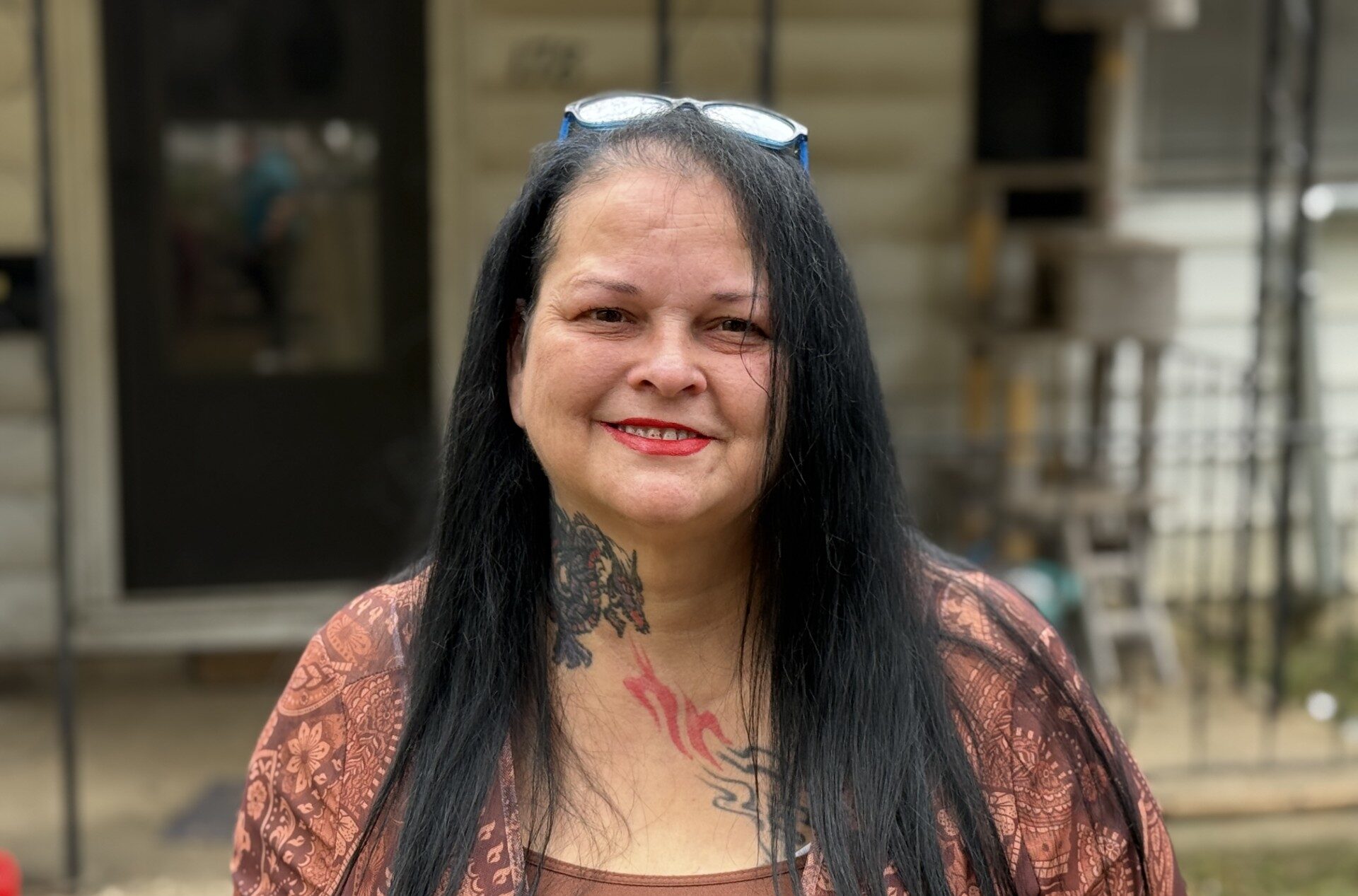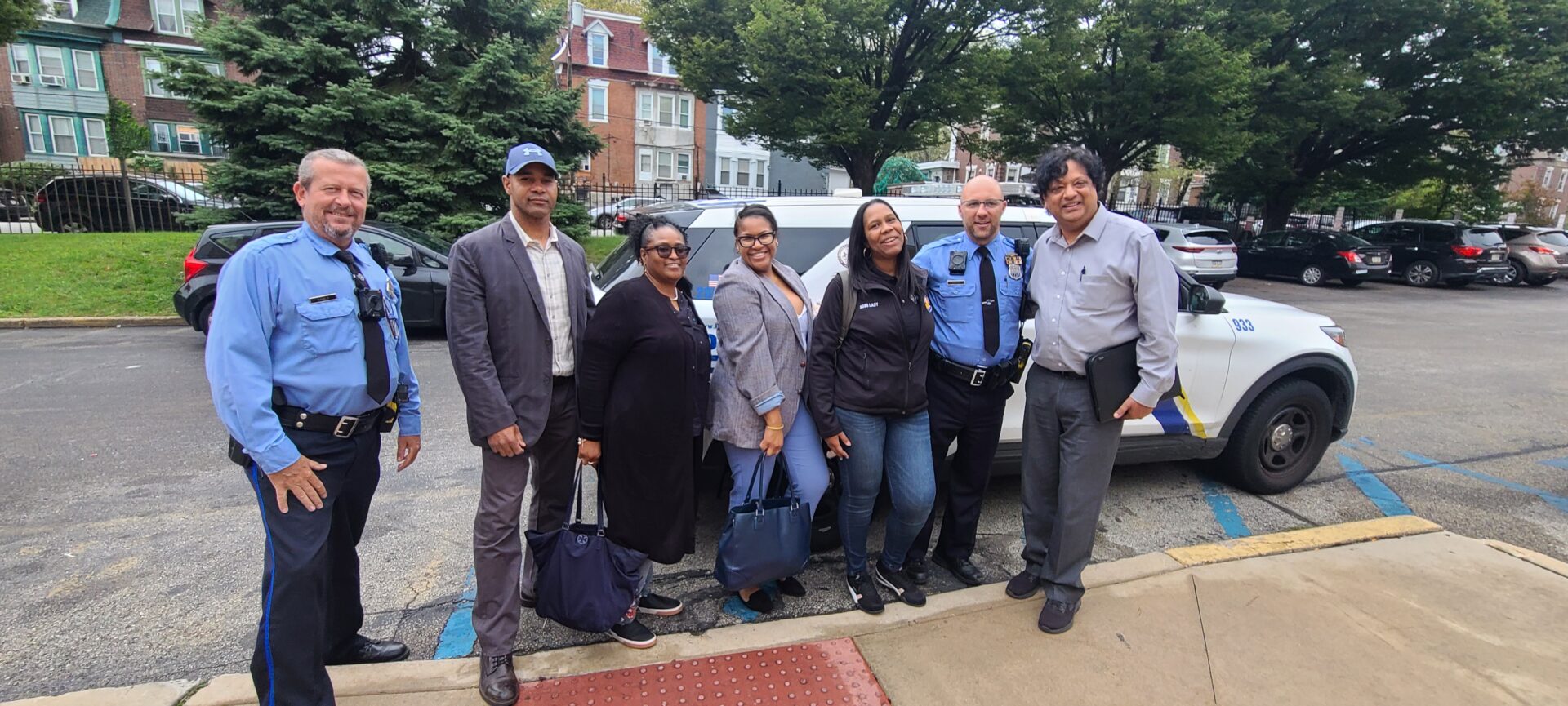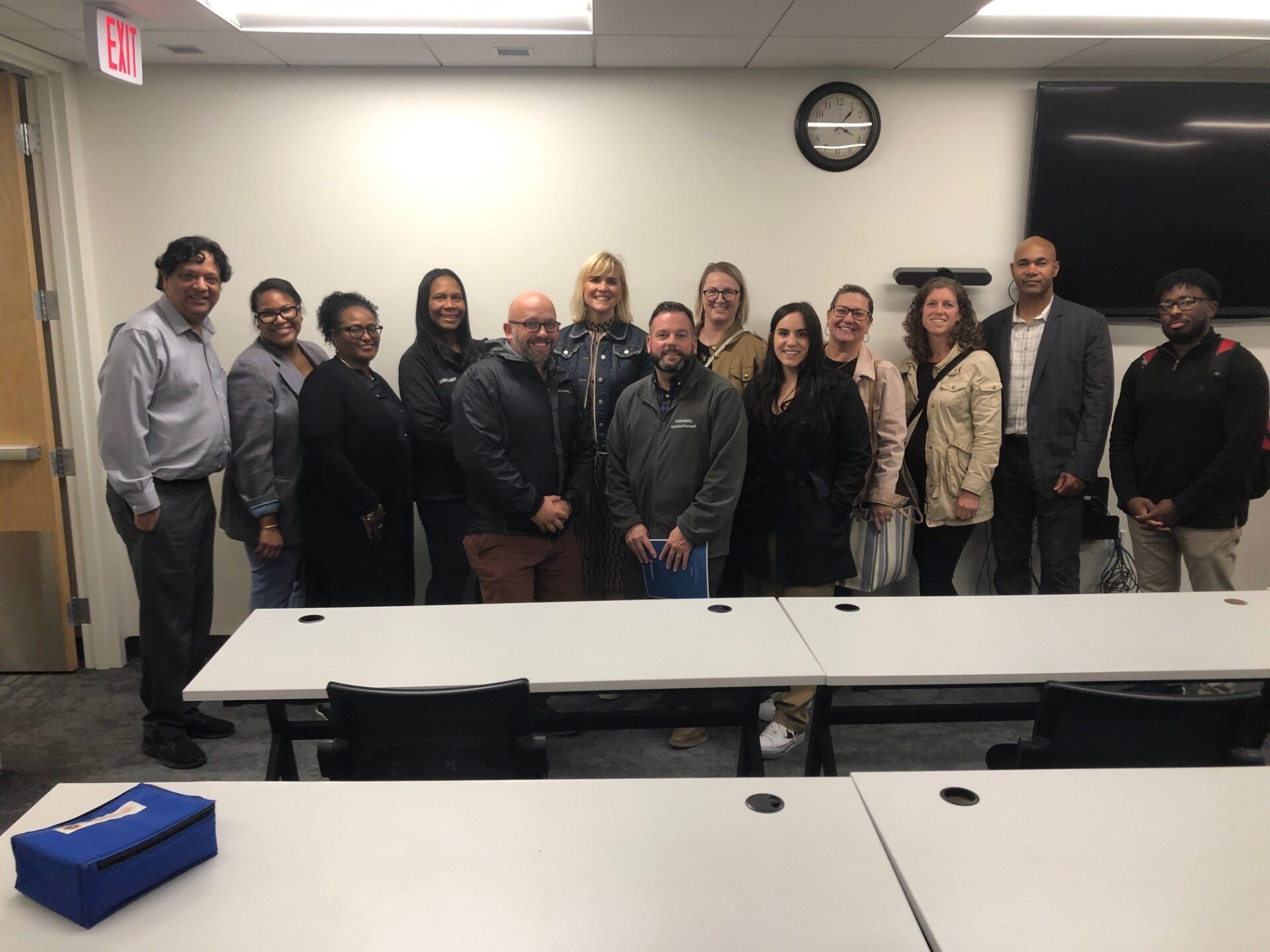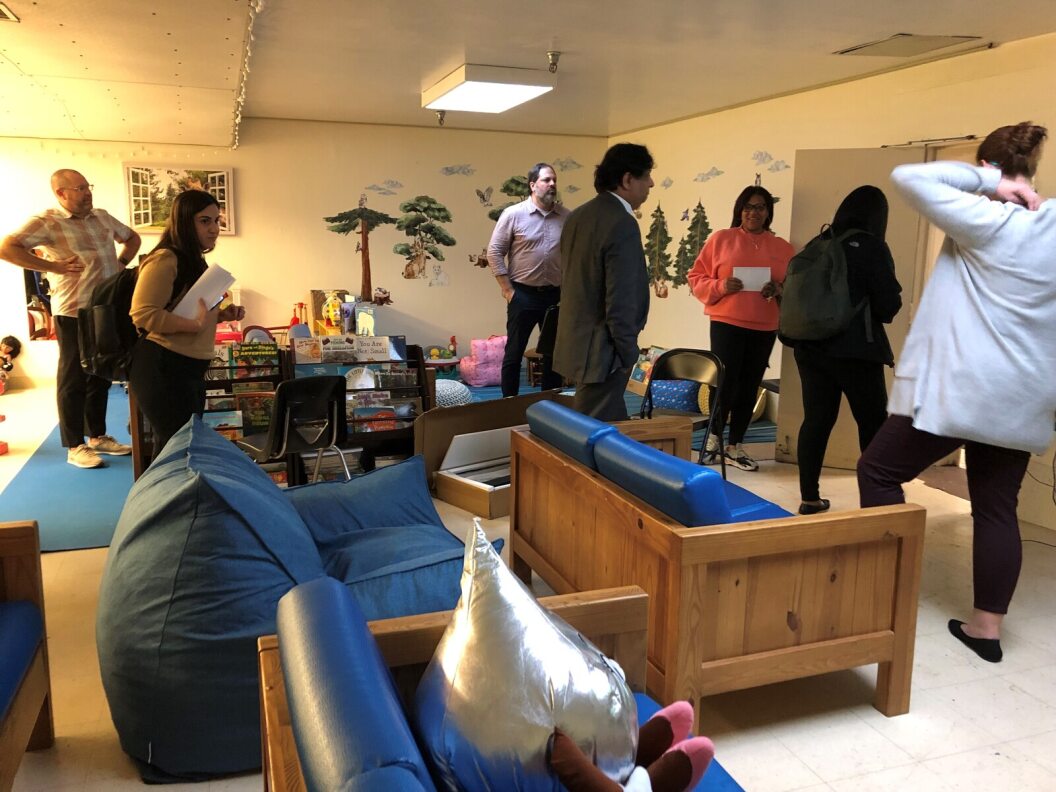CSH Calls for Balanced Policy That Protects Both Housing and Health Supports
The Senate’s passage of the reconciliation bill presents a deeply mixed outcome for the supportive housing field. While we acknowledge the inclusion of important housing provisions such as expanding and making permanent the Low-Income Housing Tax Credits and the New Markets Tax Credit, we cannot overlook the harmful trade-offs embedded in this legislation.
These housing investments, while significant, are not sufficient to offset the damage caused by provisions that undermine access to essential healthcare and basic supports for people experiencing homelessness and housing instability. The bill imposes new barriers to Medicaid and nutrition assistance that will disproportionately impact individuals with complex health and housing needs. These are the very people supportive housing is designed to serve.
Supportive housing succeeds because it pairs affordable homes with the services that help people stay housed and maintain their health. When the government restricts access to those services, it weakens the entire model. Limiting state Medicaid funding tools, imposing burdensome recertification requirements, and expanding work requirements for vulnerable populations all threaten the stability and well-being of those we serve.
CSH remains committed to advancing effective policies that recognize the interconnectedness of housing, healthcare, and human services. We urge Congress to consider the full impact of this legislation, not just its housing investments, but also the barriers it creates for those most in need and the burdens it places on the communities in their districts. We will continue to work with partners across sectors to ensure that supportive housing remains a viable and effective solution to homelessness and housing insecurity.
Deborah De Santis
CSH President and CEO







